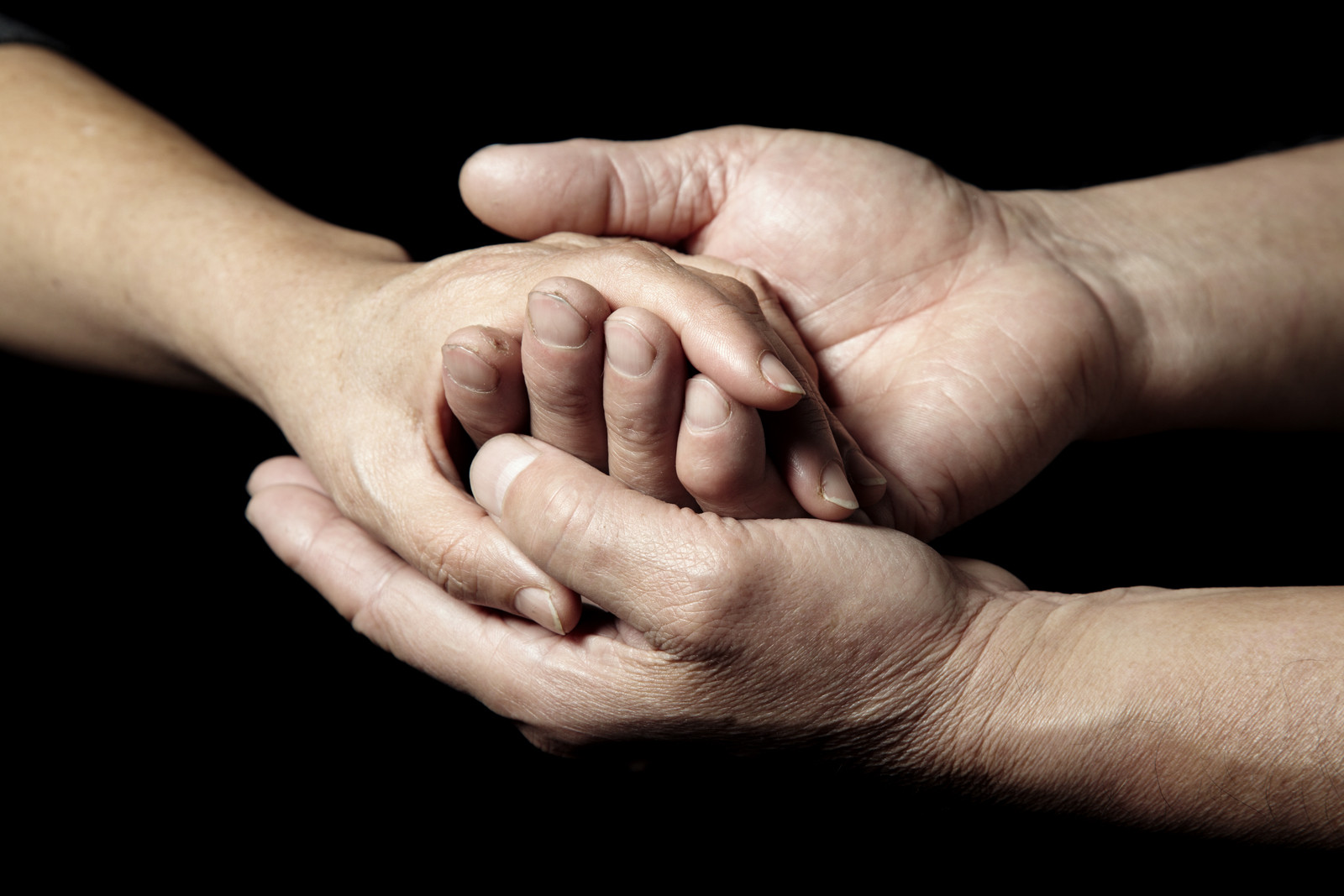Introduction
Alcohol addiction is a complex and challenging issue that affects millions of people worldwide. The journey to recovery from alcohol dependency is often long and arduous, but with the right support, it is entirely possible.
Alcohol rehab and detox are crucial steps in this journey, providing the foundation for long-term recovery. Family members play a vital role in supporting their loved ones through this process, offering encouragement, understanding, and care when it’s needed most.
Understanding Alcohol Rehab and Detox
Alcohol Detox: The First Step in Recovery
Alcohol detoxification, or detox, is the first critical step in the recovery process. It involves removing alcohol from the body, allowing the individual to safely manage withdrawal symptoms under medical supervision.
Withdrawal can be physically and emotionally intense, often including symptoms like anxiety, tremors, nausea, seizures, and even life-threatening complications. Therefore, a medically supervised alcohol detox is essential to ensure the safety and comfort of the individual.
Alcohol Rehab: Building a Foundation for Sobriety
Following detox, alcohol rehab provides the structured environment needed to address the underlying causes of addiction.
Rehab programs typically include a combination of therapies such as cognitive-behavioural therapy (CBT), individual and group counselling, and holistic approaches like meditation and exercise.
These therapies help individuals develop the coping strategies, emotional resilience, and life skills necessary to maintain sobriety in the long term.
Rehab also provides education about addiction, helping individuals understand the nature of their disease and empowering them to take control of their recovery.
This comprehensive approach not only addresses the physical aspects of addiction but also the psychological and social factors that contribute to it.
The Role of Family in the Recovery Process
Emotional Support: Be There
One of the most important roles family members can play is providing emotional support. Addiction can be an isolating experience, and knowing that loved ones are there, unconditionally supportive, can make a significant difference.
Be patient, listen without judgement, and reassure your loved one that they are not alone in their journey.
Education and Understanding: Learn About Addiction
Understanding addiction as a disease is crucial for family members. Educate yourself about the nature of alcohol addiction, the challenges of detox and rehab, and the psychological effects of addiction.
This knowledge will help you empathise with what your loved one is going through and provide the right kind of support.
Encouragement: Celebrate Milestones
Recovery is a process with many ups and downs. Celebrating milestones, no matter how small, can provide motivation and a sense of accomplishment.
Whether it’s completing a day of detox, finishing a week in rehab, or reaching a month of sobriety, acknowledging these achievements reinforces the positive steps your loved one is taking.
Setting Boundaries: Protecting Yourself and Others
While support is crucial, it’s also important to set healthy boundaries. Enabling behaviours, such as covering up for your loved one’s mistakes or taking on their responsibilities, can inadvertently contribute to their addiction.
Encourage accountability and responsibility while ensuring that your own well-being is not compromised.
Involvement in Treatment: Participate in Family Therapy
Many rehab programs offer family therapy as part of their treatment plan. Participating in these sessions can be incredibly beneficial, helping to repair relationships, improve communication, and build a stronger support system.
Family therapy can also address any issues that may have contributed to the addiction, fostering a healthier environment for everyone involved.
Aftercare Support: Continue the Journey Together
Recovery doesn’t end when rehab does. Aftercare, which may include continued therapy, support groups, and sober living arrangements, is essential for maintaining sobriety.
As a family member, your ongoing support and encouragement can help your loved one navigate the challenges of life after rehab.
Stay involved, keep the lines of communication open, and be prepared to assist in any way that promotes a healthy, sober lifestyle.
In summary:
Alcohol rehab and detox are vital steps in overcoming alcohol addiction, providing the medical and psychological support needed to begin the recovery process.
However, the journey doesn’t stop there. The support of family members is equally crucial, offering love, understanding, and encouragement every step of the way.
By being informed, setting healthy boundaries, and staying involved in the recovery process, families can play a pivotal role in helping their loved ones achieve lasting sobriety.
The road to recovery is challenging, but with the right support network, it is a journey that can lead to a healthier, happier life. If your loved one is struggling with alcohol addiction, consider these steps and remember that recovery is possible, one step at a time.

